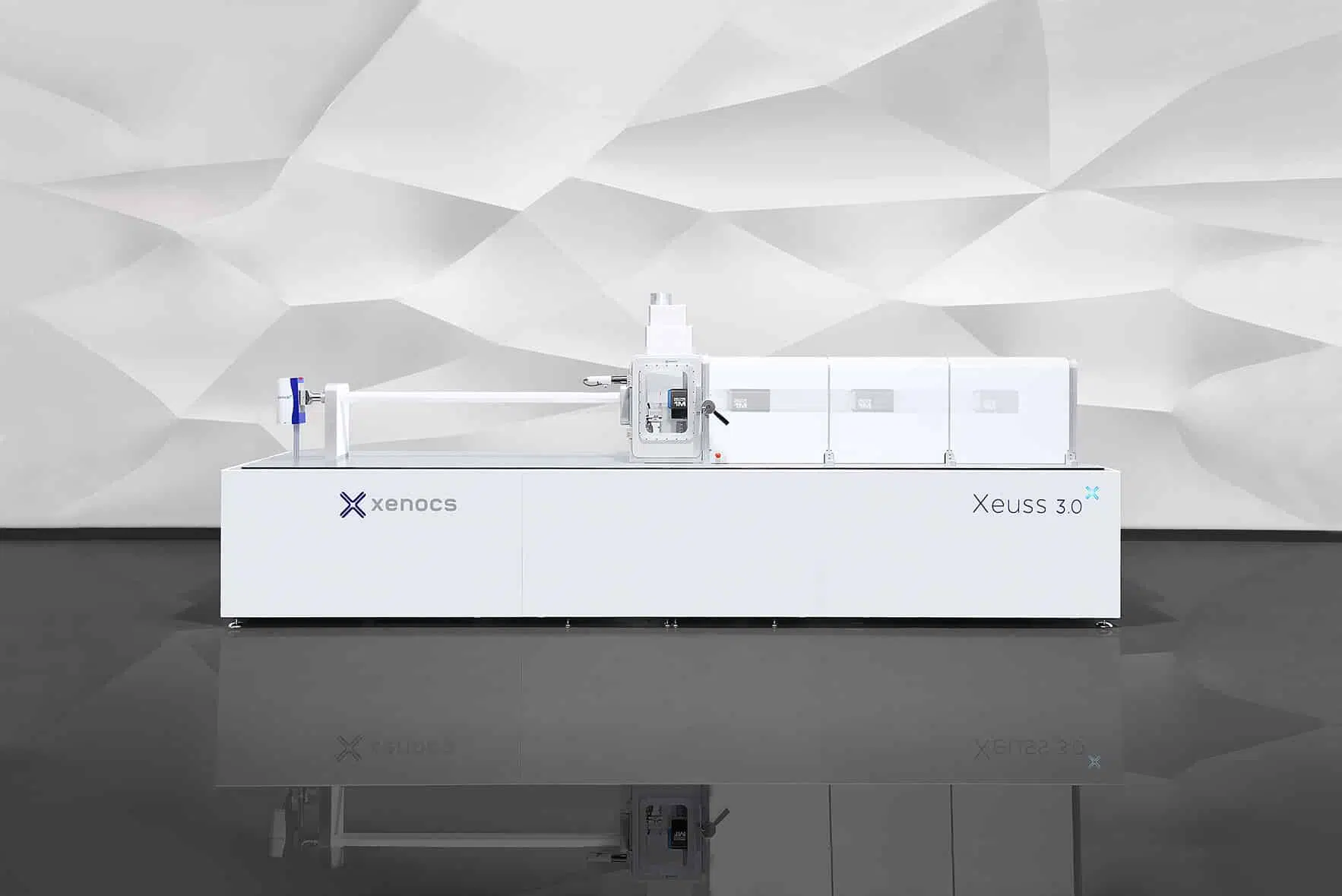Chemistry of Materials, 2019, vol 31, 1, pp. 277-285
DOI:10.1021/acs.chemmater.8b04686
Abstract
Block copolymers are promising materials for electrolytes in lithium metal batteries that can be tuned by changing the individual blocks to independently optimize ion transport as well as electrochemical and mechanical stability. We explored the performance of electrolytes based on modified triblock copolymers, poly(isoprene)-block-poly(styrene)-block-poly(ethylene oxide). Large polyethylene oxide (PEO) blocks with a molecular mass of 53 kg mol–1 allowed only for low lithium salt loadings and led to poor ionic conductivity below 60 °C. However, we found that unusually small molecular weight of the ion solvating PEO blocks down to 2 kg mol–1 enabled polymer-in-salt loadings of up to 5:1 Li/EO. A superior total ionic conductivity greater than 1 mS cm–1 was found for optimized compositions above 0 °C with remarkably low temperature dependence in a wide range from −20 to 90 °C. We believe that highly ordered two-dimensional lamellae from the controlled self-assembly established a beneficial environment for ionic transport with ionic mobility decoupled from segmental polymer motion. This also explains lithium ion transference numbers as high as 0.7 that were obtained for the high conductivity samples.


































